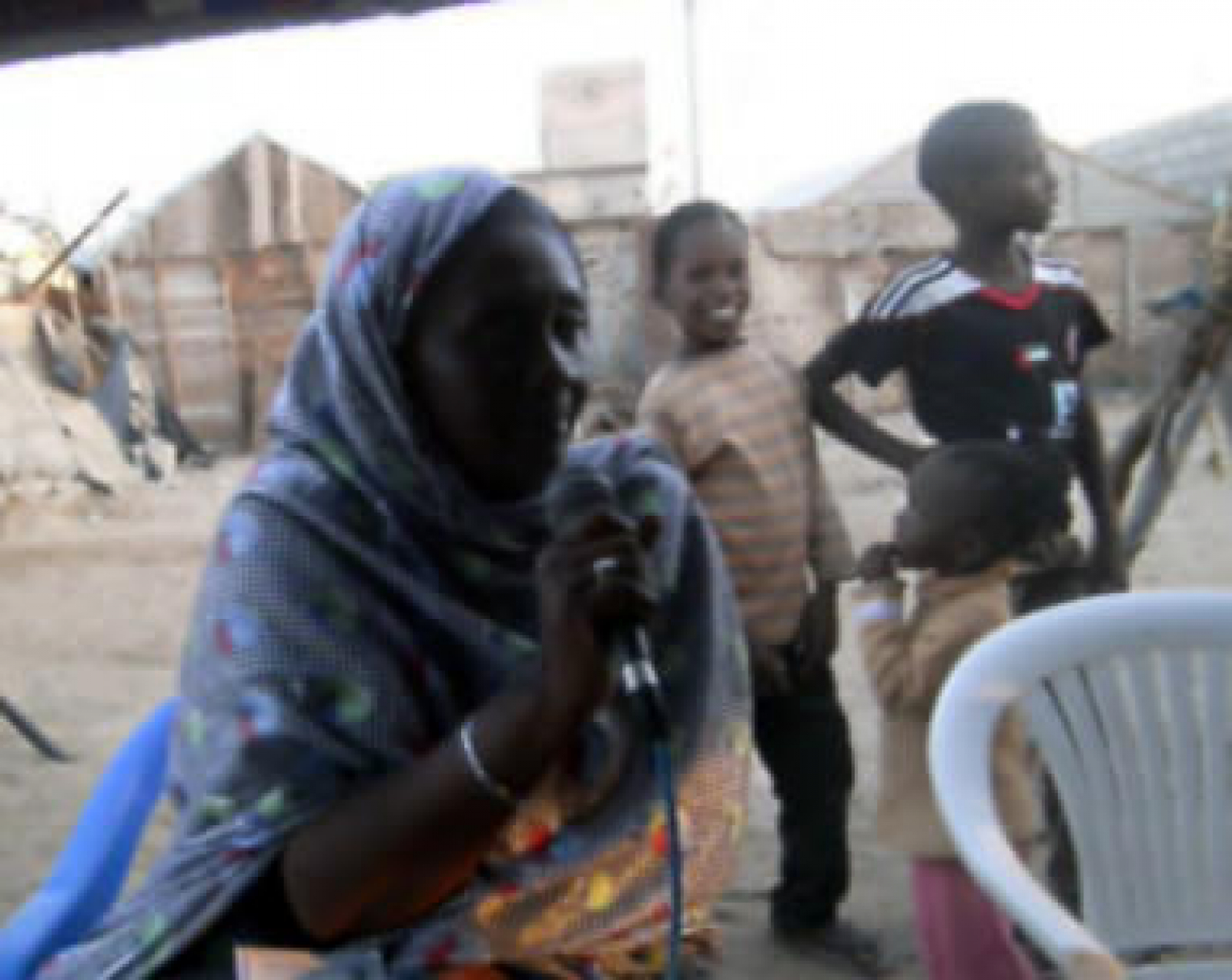
SHARE
Though few Mauritanians are able to have a say in their country’s political life, one group of dedicated women is determined to be heard. The Advocacy Initiatives Group for Women’s Political Participation (Groupes des Initiatives de Plaidoyer pour la Participation Politique des Femmes, GI3PF), a nonpartisan organization comprising women from all walks of life, is committed to encouraging women’s participation in Mauritanian politics at the local and national levels. “We want women to find their place in political life and in elections,” said Lalla Aicha Sy, one of the group’s coordinators. “The responsible woman is she who makes her voice heard.”
Mauritania, a vast desert nation on Africa’s west coast with a sparse population of about 3.5 million, has long suffered from poverty, illiteracy, lack of infrastructure and human rights abuses. One of the world’s poorest nations, Mauritania has also experienced frequent coups d’état and political deadlock. The country is ruled by President Mohamed Ould Abdel Aziz, who deposed Mauritania’s first democratically-elected president in a 2008 bloodless coup. He subsequently won a presidential election in 2009, which drew support from the international community but was contested by the political opposition. While some opposition groups participate in Aziz’s government, many opposition parties maintain that his regime is illegitimate and corrupt, and have called repeatedly for his ouster.
Parliamentary elections were due to take place in 2011, but they were postponed after the government and opposition agreed to hold a national dialogue to build consensus on the timing of elections as well as priority issues for the country, such as national security. But the dialogue achieved little consensus, and parliamentary elections have been postponed indefinitely, adding to political tensions. The nation’s next presidential polls are tentatively scheduled for 2014.
Despite the divisive political landscape and harsh economic and social climate, GI3PF is advocating for an idea it hopes all Mauritanians will support: greater involvement by women in politics and government. Currently, women hold about 19 percent of National Assembly seats, 17 percent of Senate seats, and 30 percent of municipal council seats.
GI3PF includes women from majority and opposition parties, civil society activists, journalists, elected officials and others who want a better future for their country. It first convened in 2006 and has expanded greatly since 2011, with support from NDI.
In partnership with the Institute, the group recently concluded a series of awareness-raising public events held in all nine districts of Nouakchott, the capital. In addition to nearly 1,000 citizens who turned out for the events, a number of local representatives, senators, mayors, government representatives and other activists attended.
Through panel discussions, the women activists educated citizens about the importance of women’s representation, giving women a voice to decide policy that reflects their needs and priorities. The group gathered support for a petition that calls on political parties to include more women as candidates in parliamentary and municipal elections. GI3PF coordinators found that many citizens did not know how underrepresented Mauritanian women are and said they would favor increasing the number of women candidates. The petition was signed by more than 800 people.
“We women are always voters but are never elected,” said a participant at one of the events, explaining why she signed the petition. “It is time to raise our voices,” added another.
With the petition, the group aims to combat recent legislation that increased the number of members in Mauritania’s lower house from 95 to 146 but reserved only 20 seats (less than 14 percent) for women. GI3PF’s petition encourages political parties to make 50 percent of their candidates women and to put them at the top of party lists to help ensure they win seats. Ultimately, the group hopes to gather enough support from political parties and citizens to increase the women’s quota to at least one-third of representatives and senators, and one-half of municipal councilors.
Read more:
- Mauritanians urged to increase transparency, participation in run up to elections»
- Mauritanian parliament seeks citizen input for social security reform»
- In Mauritania, parliamentarians, business leaders work together to improve economy»
Published Feb. 6, 2013


